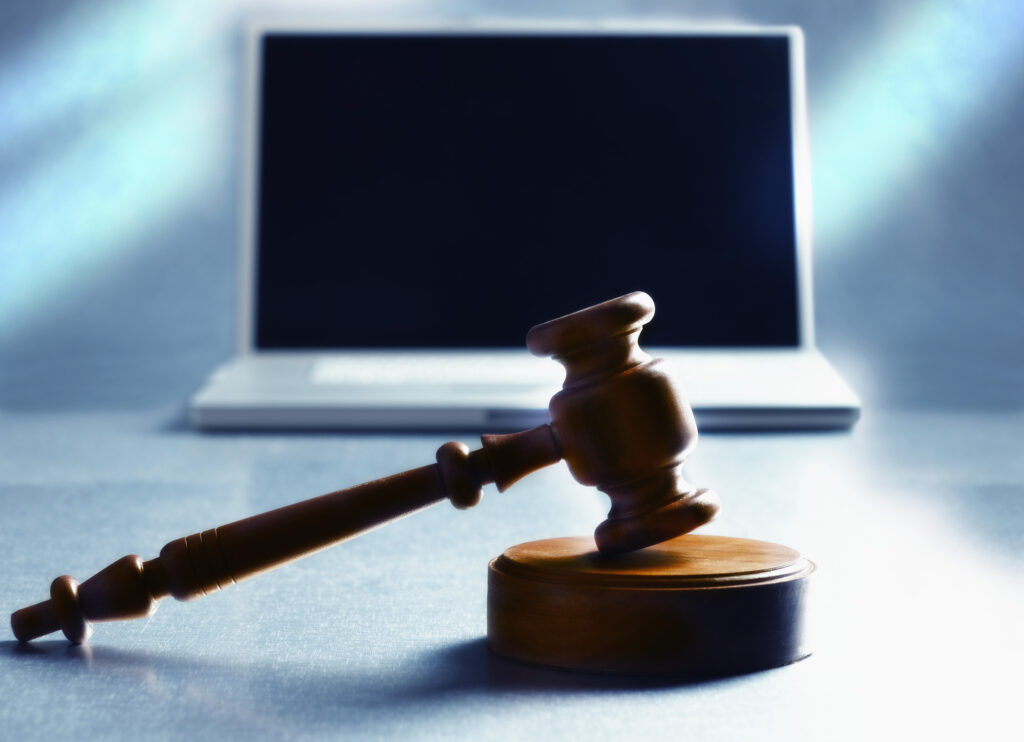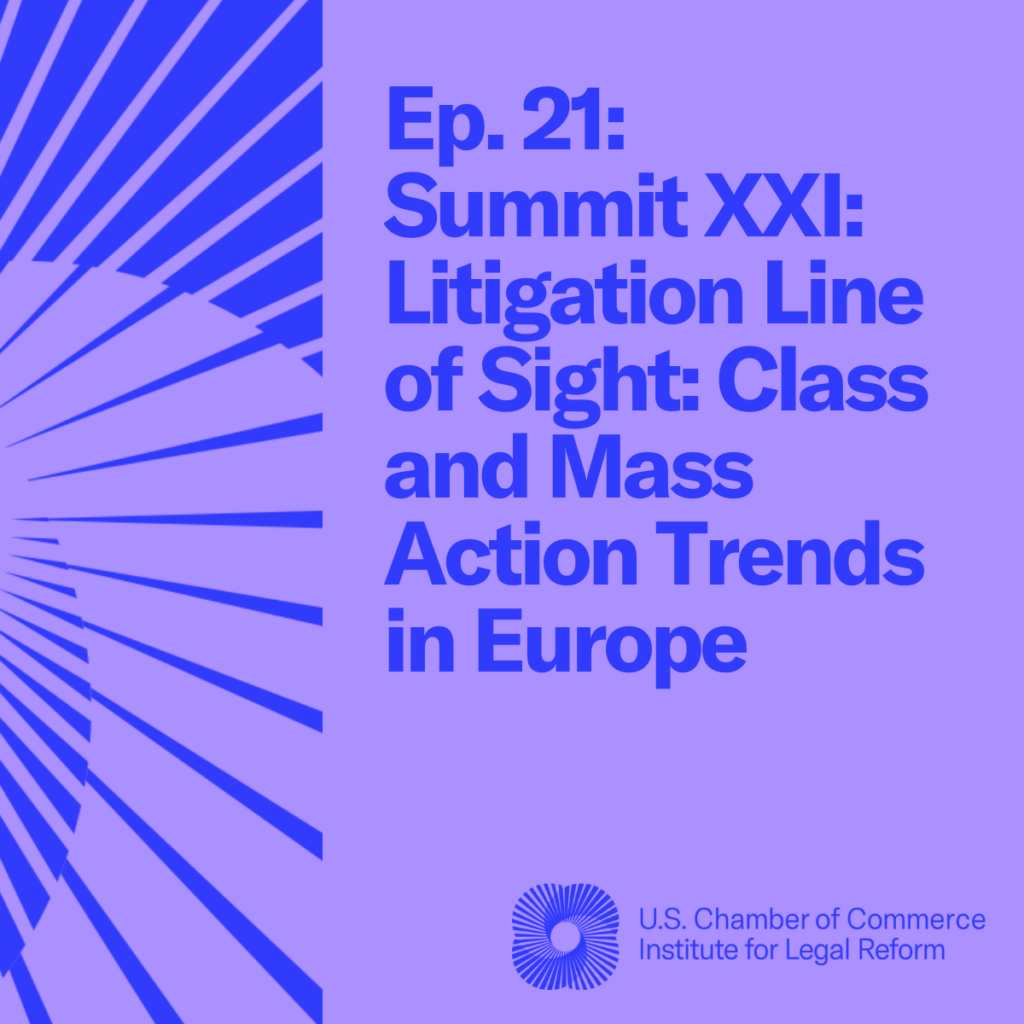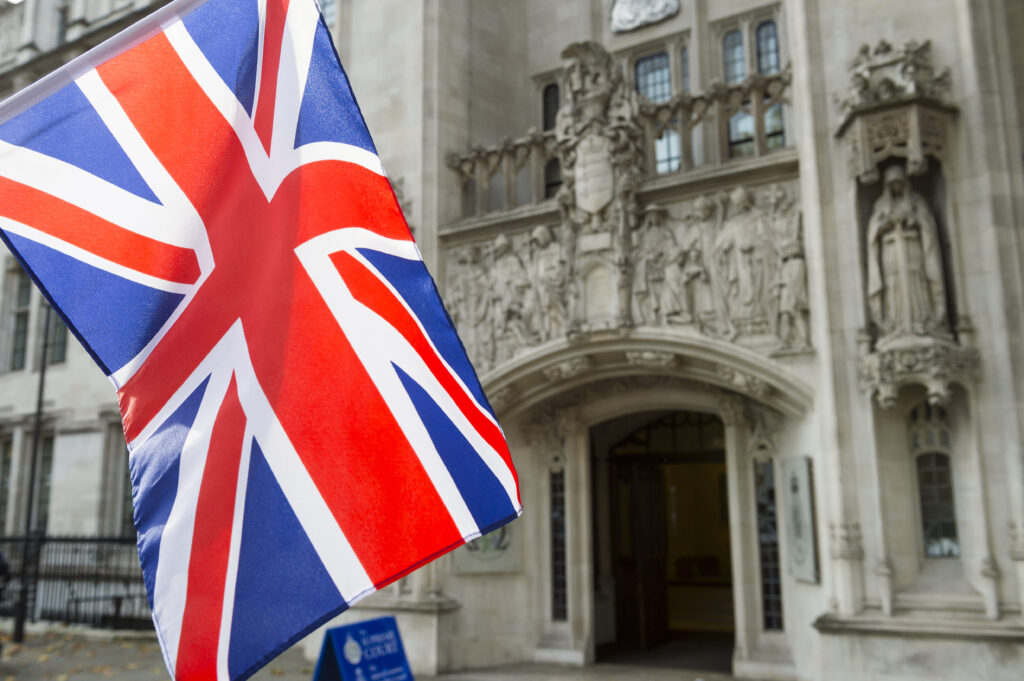|
Research Demonstrates Plaintiffs’ Lawyers, Not Consumers, Benefit from Private Lawsuits |
|
WASHINGTON, D.C. — A new study released by the U.S. Chamber Institute for Legal Reform (ILR) shows what happens when plaintiffs’ lawyers are given the green light to enforce privacy laws through private rights of action: clogged courts, less innovation and no real benefit to consumers. Ill-Suited: Private Rights of Action and Privacy Claims examines how plaintiffs’ lawyers file multibillion-dollar lawsuits under the guise of protecting consumer privacy, yet consumers consistently receive little to nothing in return. The study found that, for example, plaintiffs’ lawyers get up to thirty percent of settlements from Telephone Consumer Protection Act lawsuits, but only four to eight percent of eligible consumers file settlement claims. The study, authored by Mark W. Brennan, partner at the Hogan Lovells law firm, also found that lawsuits filed over privacy laws that allow for private rights of actions are increasing. More than 100 lawsuits were filed under the Illinois Biometric Information Privacy Act (BIPA) in the six months after the state Supreme Court ruled BIPA does not require individuals to prove they were actually harmed in order to sue a company for millions of dollars. “There is only one group that benefits from private lawsuits: plaintiffs’ lawyers who are simply exploiting private rights of action in privacy laws for their own financial gain,” explained Harold Kim, chief operating officer for the U.S. Chamber Institute for Legal Reform. “Rather than allow expert regulators to shape and balance policy and protections, enforcement is driven by frivolous lawsuits that do nothing to protect consumer privacy.” The report also found that private rights of action:
Ill-Suited also highlights how privacy laws that do not include a private right of action and gives sole enforcement power to agencies leads to much stronger outcomes for consumers and companies. “Privacy law presents many complex questions about what to protect, why, how, and to what degree, but it is increasingly clear that these protections should be enforced by expert agencies rather than the plaintiffs’ bar,” Mark Brennan said. In June, ILR released a podcast on the problems with private rights of actions featuring Mark Brennan and ILR’s Harold Kim. ### |
New Study: Lawsuits Are Poor Tools for Protecting Privacy
A new study released by the U.S. Chamber Institute for Legal Reform (ILR) shows what happens when plaintiffs’ lawyers are given the green light to enforce privacy laws through private rights of…



